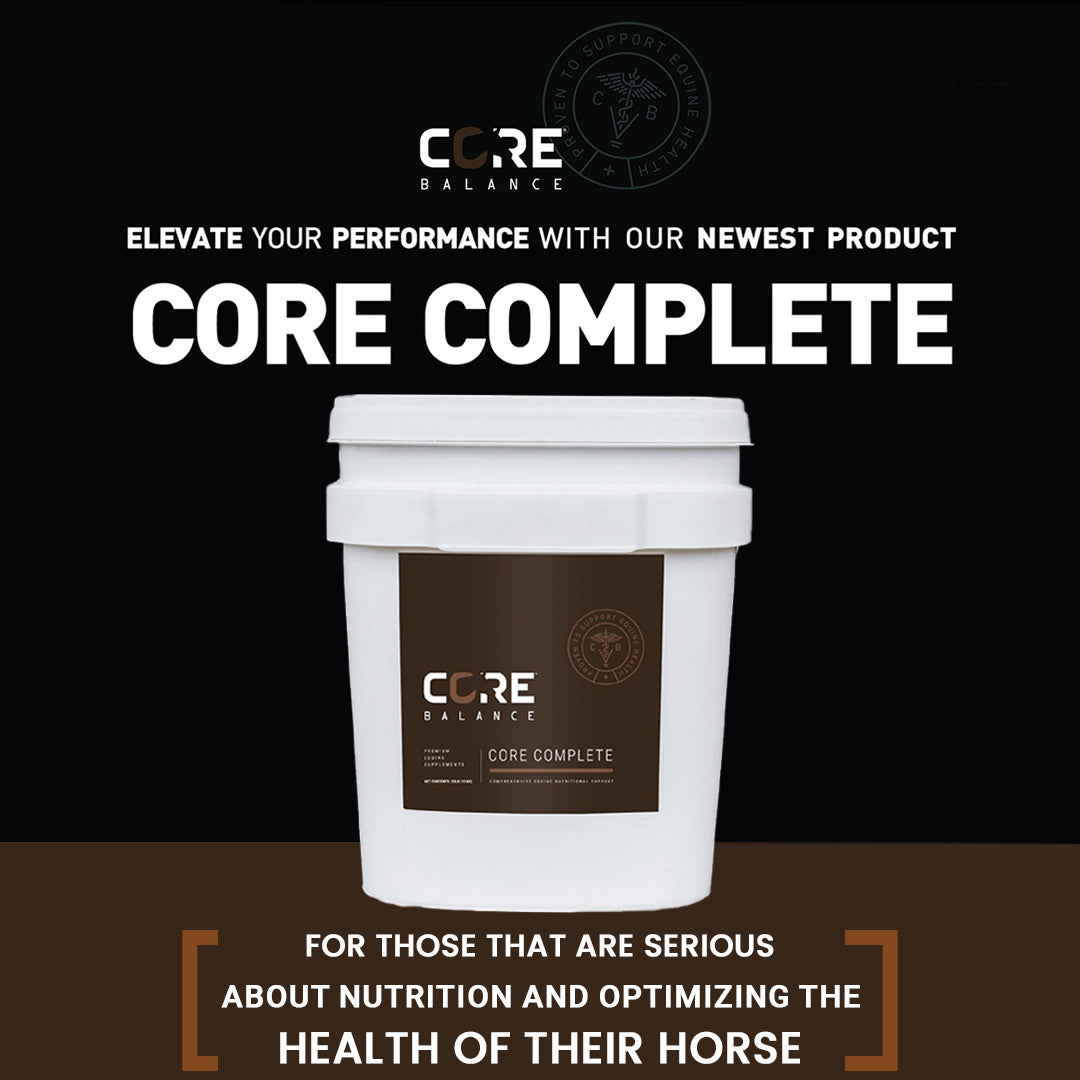Best Horse Supplements for Senior Horses: Strength, Mobility & Comfort

Horse owners need the most effective for his or her animals. Correct nutrition represents a vital role in sustaining equine health, efficiency, and longevity. While quality forage and give sort the inspiration of any performance horse supplements, targeted supplementation may address certain health wants and fill nutritional gaps.

Veterinarians continually suggest certain products based on scientific evidence and scientific experience. Knowledge which products provide true advantages assists owners make informed decisions about their horse's wellness regimen.
Combined Support Supplements
Combined health stays one of the very most popular considerations among horse homeowners, specially for ageing horses or those in athletic disciplines. Glucosamine and chondroitin sulfate are generally advised for encouraging cartilage health and mutual function. These substances help keep the structural strength of bones subjected to standard stress.
MSM (methylsulfonylmethane) is another veterinarian-approved selection that helps joint comfort and mobility. Many equine experts recommend beginning joint products early, particularly for performance horses, rather than waiting until issues develop.
Hyaluronic acid products have also acquired professional help for promoting mutual lubrication and cushioning. Research implies these products perform best when applied continually over time rather than as short-term solutions.
Digestive Health Products
The equine digestive system is remarkably delicate. Probiotics developed designed for horses support keep healthy belly bacteria populations, which is needed for appropriate digestion and vitamin absorption. Veterinarians frequently suggest probiotics all through demanding times, antibiotic therapy, or dietary changes.
Prebiotics offer as food for beneficial stomach germs and function synergistically with probiotics. Several vets recommend using equally for optimal intestinal help, especially for horses susceptible to colic or intestinal upset.
Intestinal enzymes will help horses greater break down and use nutritional elements from their feed. This becomes especially important for older horses or people that have sacrificed digestive function.
Hoof Supplements
Powerful, healthy hooves are elementary to over all horse wellness. Biotin stands out as probably the most investigated and veterinarian-recommended supplement for hoof quality. Studies reveal that consistent biotin supplementation over many months can increase hoof wall energy and development rate.
Methionine, an important amino acid, supports keratin manufacturing in hooves. Zinc also plays a crucial role in hoof wellness, and deficiencies can lead to weak or brittle hooves.
Omega-3 Fatty Acids
Veterinarians usually suggest omega-3 fatty p supplements due to their anti-inflammatory properties. These important fatty acids help combined wellness, skin condition, and immune function. They're particularly very theraputic for horses with inflammatory situations or these coping with injury.
Electrolytes

Horses eliminate substantial levels of electrolytes through work, especially during workout or warm weather. Veterinarians suggest electrolyte supplementation for horses in standard work to displace missing vitamins like salt, potassium, and chloride. Proper electrolyte harmony supports water, muscle function, and over all performance.
Vitamin E and Selenium
These anti-oxidants interact to aid resistant purpose and muscle health. Horses on pasture-free food diets frequently need supplement Elizabeth supplementation since fresh lawn is just a major organic source. Selenium deficiency may cause muscle problems, but over-supplementation is poisonous, so professional guidance is essential.
How usually should supplements be given?
Most products perform most useful when provided daily within a regular routine. Mutual and hoof supplements an average of involve weeks of typical use before effects become noticeable.
Can horses have way too many supplements?
Yes. Over-supplementation can cause fluctuations or toxicity. Always consult your veterinarian before putting new supplements, particularly when your horse presently takes multiple products.
Do all horses need products?
Maybe not necessarily. Horses receiving top quality forage and balanced supply might not need extra supplementation. Your veterinarian may evaluate your horse's specific needs through examination and perhaps body work.
